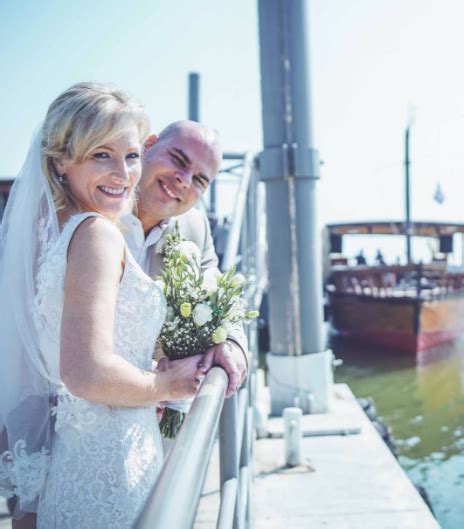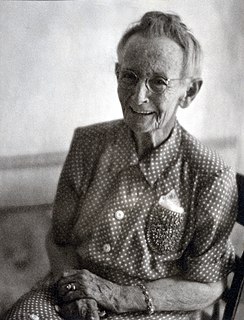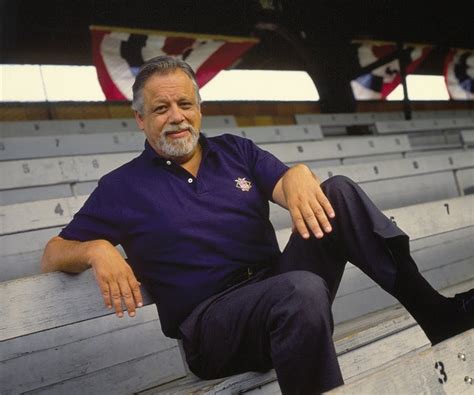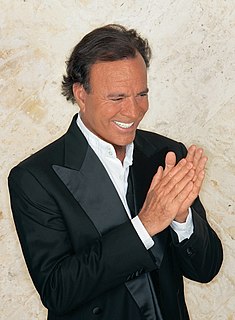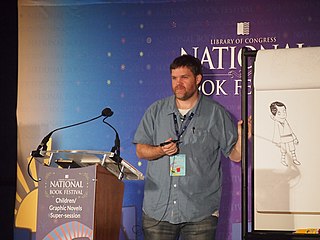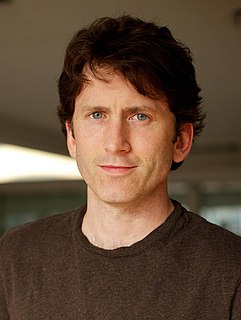A Quote by Laurie Graham
With Alzheimer's, recent memory is affected first. At the start, you count the memory loss in days, then hours - then in minutes. But there's also an insidious backward creep of deterioration.
Related Quotes
Do not allow past experiences to be imprinted on your mind. Perform asanas each time with a fresh mind and with a fresh approach. If you are repeating what you did before, you are living in the memory, so you are living in the past. That means you don't want to proceed beyond the experience of the past. Retaining that memory is saying, 'Yesterday I did it like that.' When I ask, 'Is there anything new from what I did yesterday?' then there is progress. Am I going forward or am I going backward? Then you understand how to create dynamism in a static asana.
